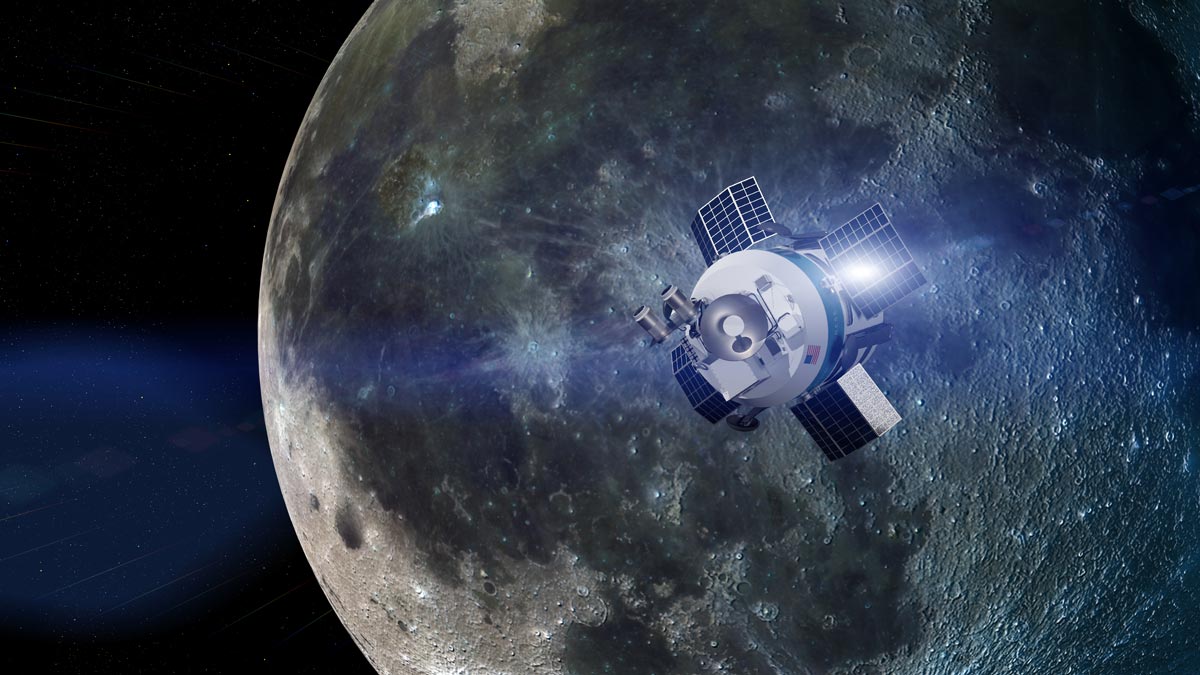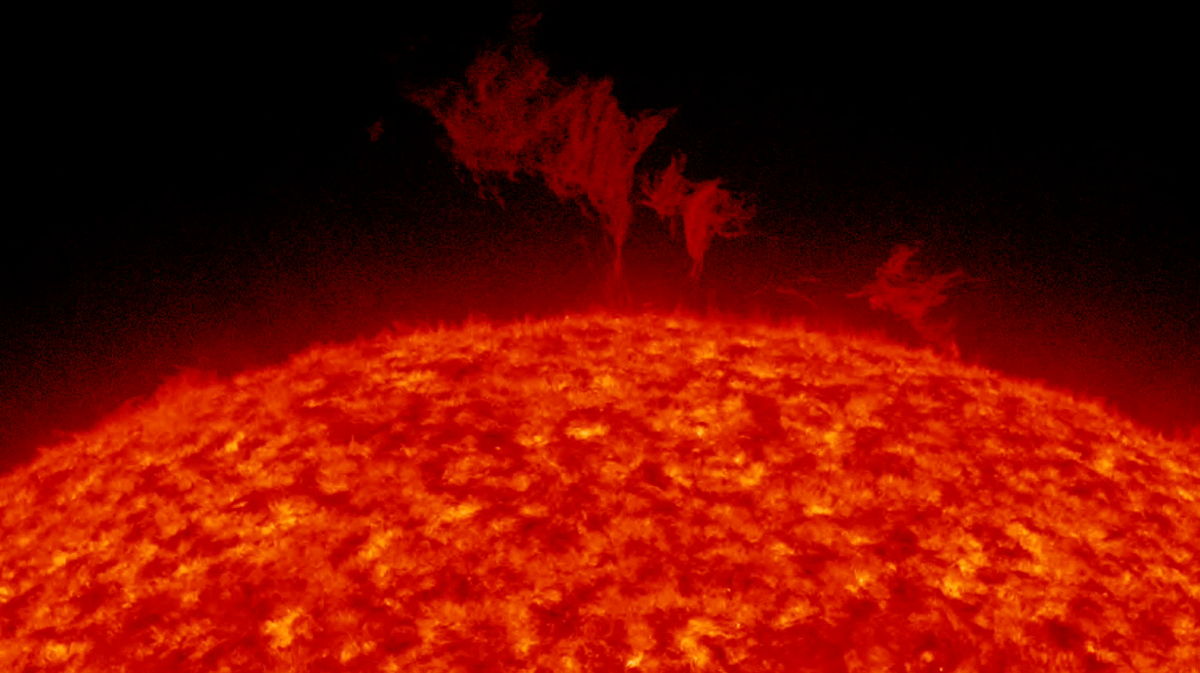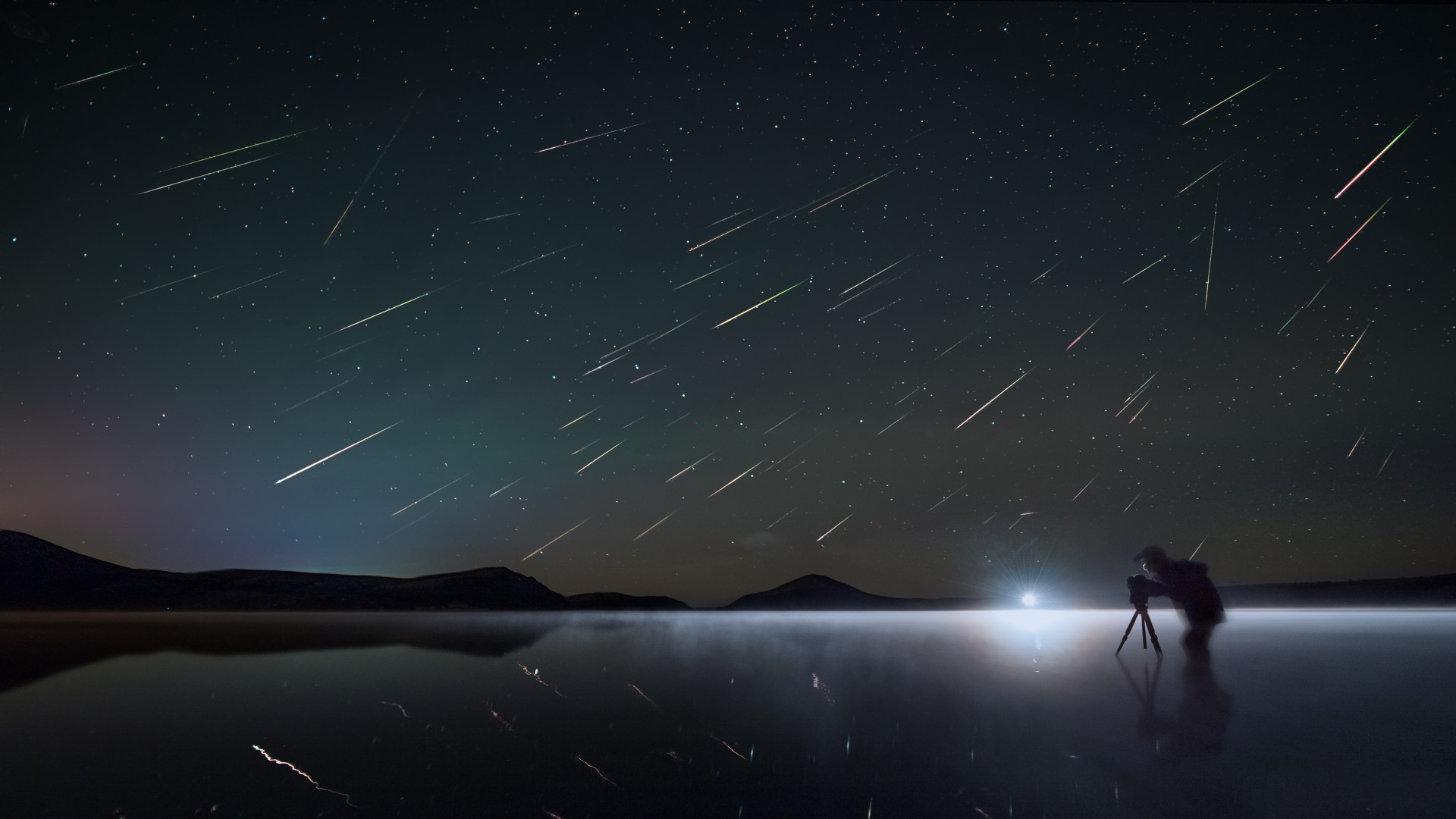Deadline for Google Lunar X Prize Moon Race Extended Through March 2018

The five teams left in a $30 million race to the moon now have a bit more time to accomplish their missions — and the chance to win some additional money along the way.
The Google Lunar X Prize (GLXP) is offering $20 million to the first privately funded team that soft-lands a spacecraft on the moon, moves it at least 1,640 feet (500 meters), and transmits high-definition photos and video back to Earth. The second team to complete those tasks gets $5 million, and another $5 million is available for a variety of other accomplishments, bringing the total purse to $30 million.
GLXP guidelines had stated that teams must launch by Dec. 31 of this year to be eligible for the grand or second-place prize. But that has changed: Teams now must complete their missions by March 31, 2018, and the launch date is not a factor anymore, GLXP representatives said today (Aug. 16). [Google Lunar X Prize: The Private Moon Race Teams (Images)]
Contest organizers are dangling an additional $4.75 million in new "milestone prizes" as well: $1.75 million for arriving at the moon (descending directly to the surface or completing at least one lunar orbit) and $3 million for proof of a soft lunar landing.
This money will be split evenly among all the teams that pull off the feats, GLXP representatives said. (Milestone prizes count toward, and do not boost, the total purse of a team that wins the grand or second prize. For example, if one team alone claims the $4.75 million for arrival and proof of landing, and it also later wins the grand prize, its purse will still be $20 million, not $24.75 million.)
"X Prize and Google are thrilled to offer these additional in-space milestone prizes as a further incentive for finalist teams and to recognize the full gravity of these bold technological feats taking place in the race to the moon," GLXP Senior Director Chanda Gonzales-Mowrer said in a statement.
The five teams left in the competition — out of more than two dozen that have vied for the prize at some point over the last decade — are Florida-based Moon Express, Israel's SpaceIL, Hakuto from Japan, India-based TeamIndus and the international collaboration Synergy Moon.
Get the Space.com Newsletter
Breaking space news, the latest updates on rocket launches, skywatching events and more!
Follow Mike Wall on Twitter @michaeldwall and Google+. Follow us @Spacedotcom, Facebook or Google+. Originally published on Space.com.
Join our Space Forums to keep talking space on the latest missions, night sky and more! And if you have a news tip, correction or comment, let us know at: community@space.com.

Michael Wall is a Senior Space Writer with Space.com and joined the team in 2010. He primarily covers exoplanets, spaceflight and military space, but has been known to dabble in the space art beat. His book about the search for alien life, "Out There," was published on Nov. 13, 2018. Before becoming a science writer, Michael worked as a herpetologist and wildlife biologist. He has a Ph.D. in evolutionary biology from the University of Sydney, Australia, a bachelor's degree from the University of Arizona, and a graduate certificate in science writing from the University of California, Santa Cruz. To find out what his latest project is, you can follow Michael on Twitter.









